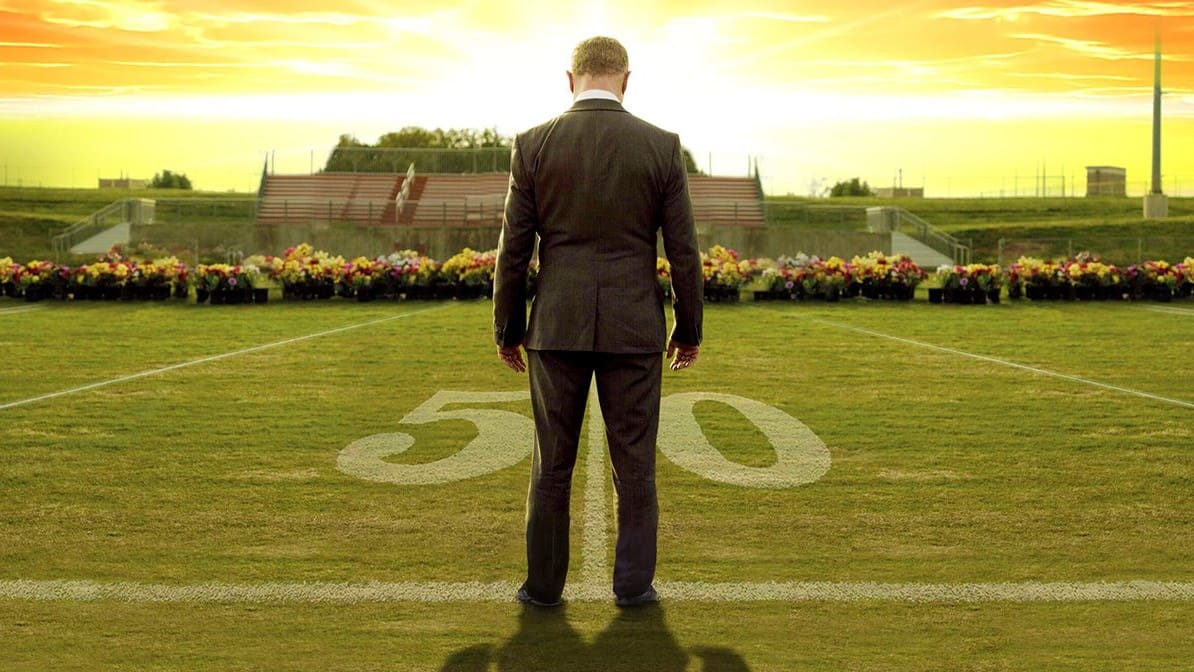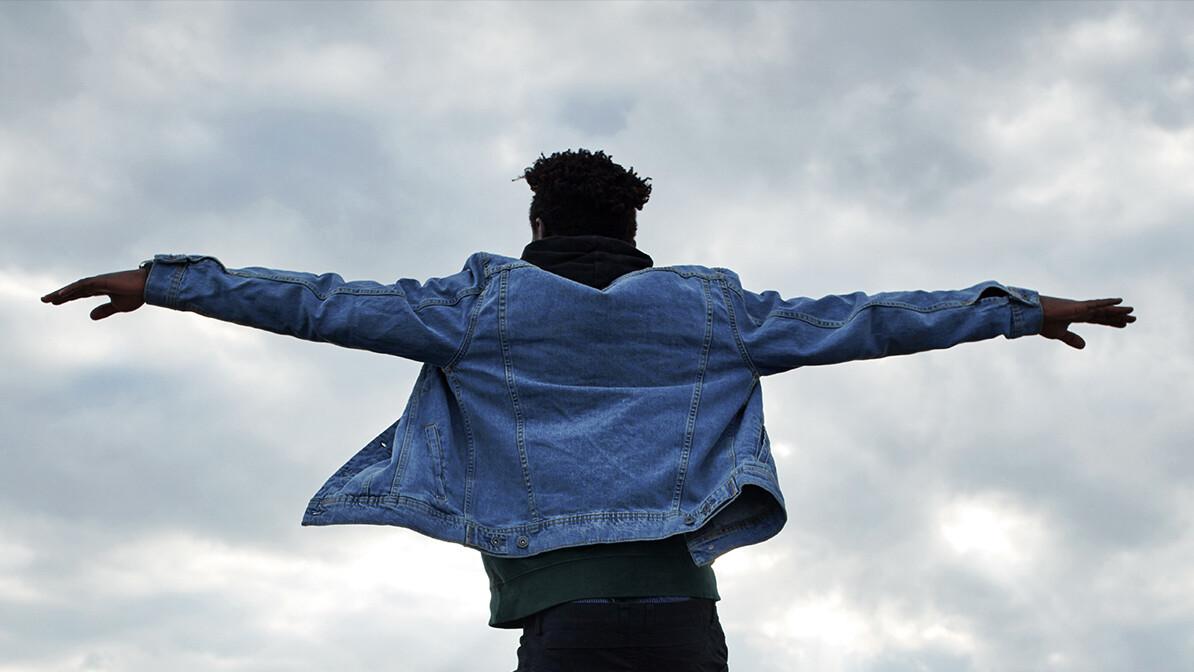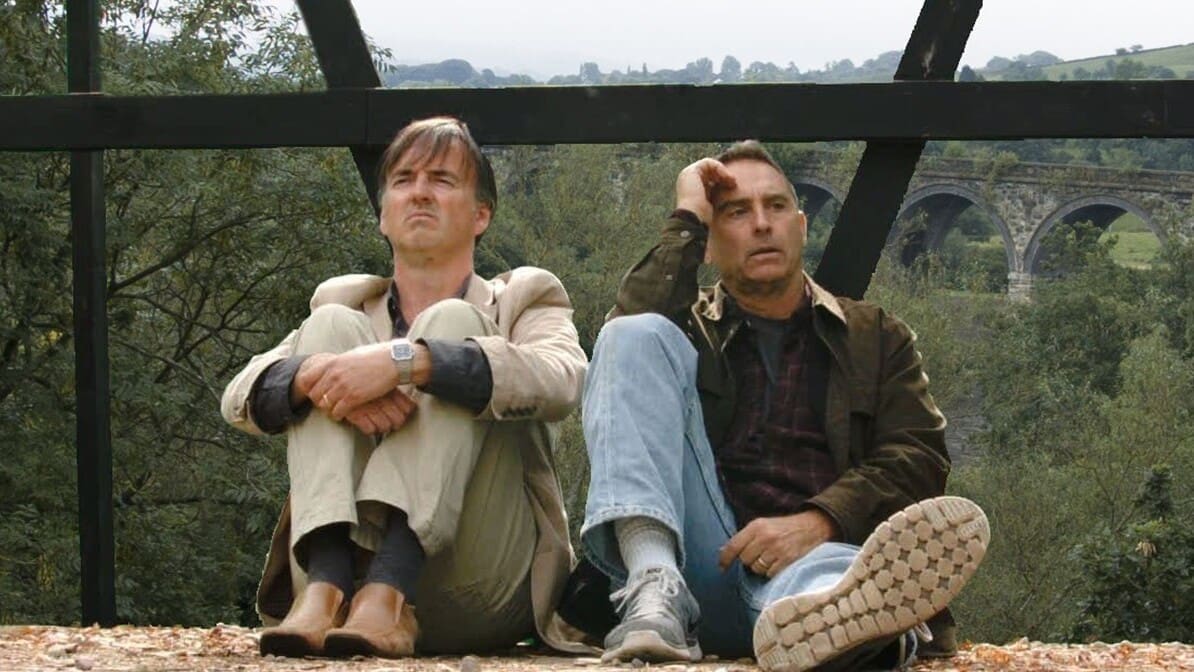- Home
- Entertainment
- Grace Anna: The Little Girl with a Big Voice (Part 1)
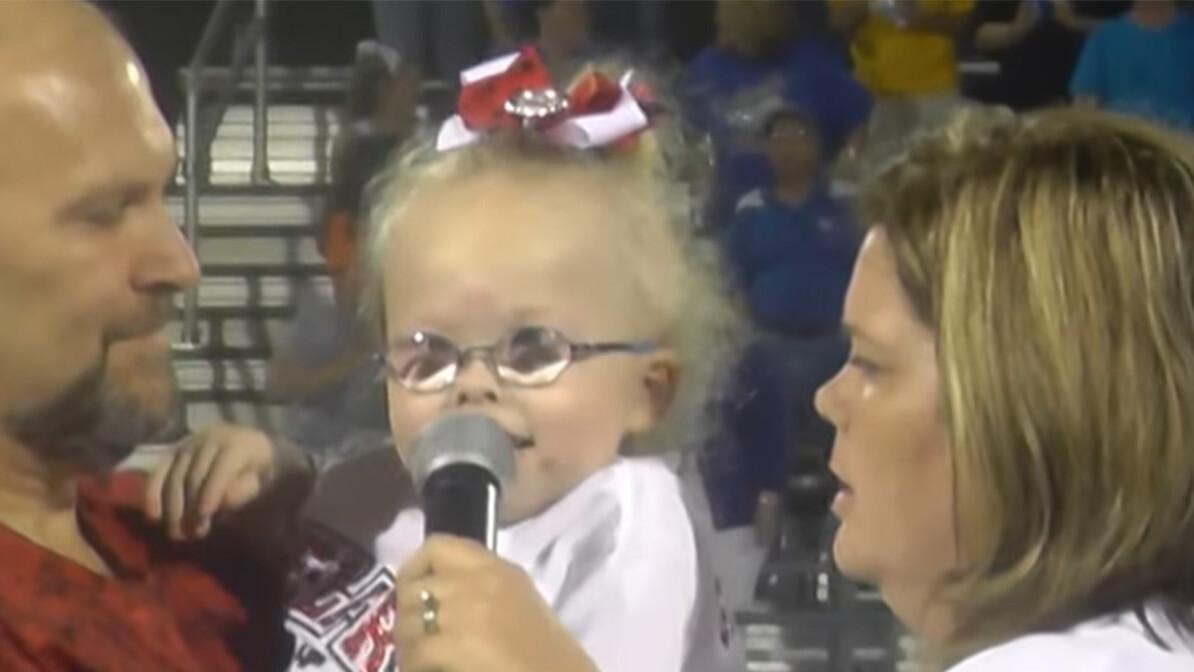
Grace Anna: The Little Girl with a Big Voice (Part 1)
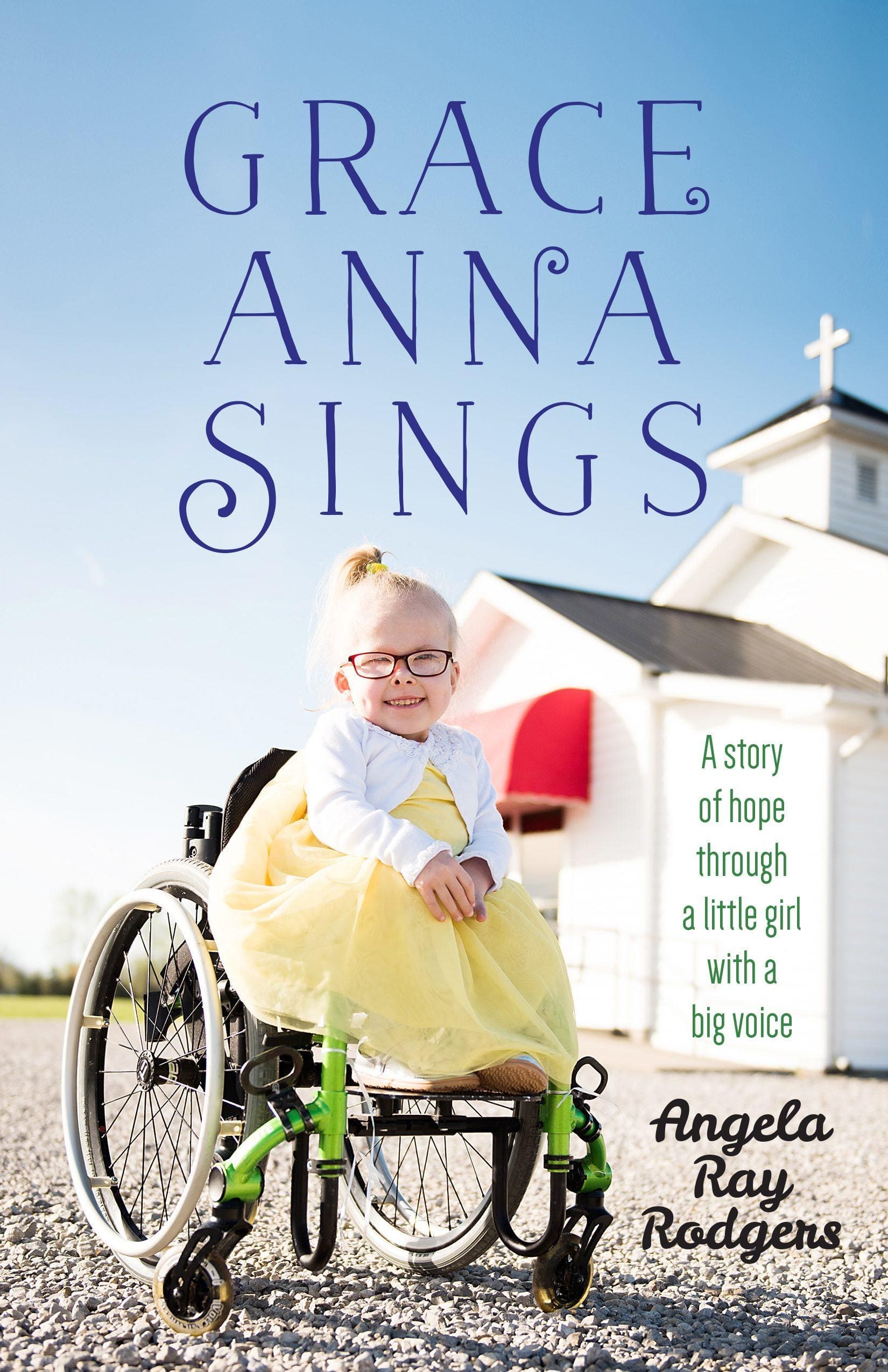 John Farrell: What was your reason for writing both Grace Anna Sings and Who Do You See When You Look at Me?
John Farrell: What was your reason for writing both Grace Anna Sings and Who Do You See When You Look at Me?
Angela Ray Rodgers: When I started the original book, Grace Anna Sings, my main goal for the book was to help other people in similar situations and to show how sometimes our plans are not what God has planned for us. And it can be a better plan than what we want for ourselves. He created us, he knows everything about us, but sometimes as humans, we like to think we know His. I definitely fit in that category early in my life. But when Grace Anna came along our lives really changed.
I also wanted people to know the story behind the little girl with the big voice. Most of the time she’s happy, but people don’t really see what she has truly been through in her young life. It was mainly to inspire others and to tell her story.
Now the children’s book, Who Do You See When You Look at Me?, we had a deal with BroadStreet to do the trade book and two children’s books. We hadn’t really hammered out what we were going to address in the children’s book yet.
Grace Anna and I were at one of her doctor appointments, and there was a couple looking at her. I think more than likely they were just looking at how cute she is because everywhere we go, everybody says she’s cute and adorable and sweet. When we were outside, she asked, “Mama, what do you think they think when they look at me? Do they see me? Or do they see my wheelchair? Do they see everything about me or do they just see this wheelchair and I’m small?”
I said, “I don’t know exactly what they think, sweetie, but I know what I think. I think you’re amazing and God has created you for His purpose. And I think you’re going to do great things. … You know what? That might be what we need to do for our children’s book – to let people see that you and other kids with disabilities have a lot more to them than just what you see in a wheelchair or crutches or Down syndrome or whatever it might be.”
They’re individuals with unique talents and gifts just like everybody else.
JF: The message in Who Do You See When You Look at Me? is that Grace Anna is not just a kid in a wheelchair. She’s a singer. She’s a nature lover. She is a part of a family. That was very touching, and I hope that when people see kids who are disabled or adults that have disabilities that they’re not defined by those disabilities. That is a beautiful message.
Regarding Grace Anna Sings, is the overall message in that book just to let people know about the person behind that big voice?
Angela: Yes. You see stuff on the Internet and TV and you think you really know somebody. That’s true with anybody that gets attention in our society, and you really don’t. We’ve met celebrities and most people already have an idea of what the celebrities are like, but when you get to know them, you realize they’re just people too. They’re just people trying to do the best they can do. When someone is in the limelight, you don’t really see everything about that person.
JF: Why is Grace Anna’s message and the message in both books so important in today’s world?
Angela: I was a teacher for 14 years and this is from my perspective. Before Grace Anna came along, I thought I knew how people with disabilities lived and what their lives entailed. And now since I have a child with disabilities and I’ve walked the walk and I’ve lived it day in and day out, it is nothing like I thought it was. It’s been an education for me.
I think people who do not have children with severe health issues or disabilities can’t really grasp it. I didn’t until I had her.
There are a lot of kids and many adults that want to live meaningful and happy lives that have disabilities and these big health challenges. I want people to open their eyes and let these kids in and let these adults in and let them have roles in our communities. They can contribute valuable information and insights that other people can’t. They have a very unique perspective on life. I think our communities really need to start embracing people with disabilities, instead of just putting them in a category.
I hate that they put people in categories and say, “Well, she’s in a wheelchair. She can only do so much.” What we’ve learned with Grace Anna is she can do about anything she sets her mind to that her body will enable her to do.
JF: What did you learn about yourself from writing Grace Anna Sings?
Angela: I have really changed since she came along. I have a 22-year-old son. Before she came along, I coached him in basketball. I’m an athlete and I always had this mindset, “What’s the use of playing a sport if you’re not there to win and win big.” That was my thing. I was very competitive.
Now, I look at things in this way: if you can’t enjoy it, why are you doing it? Why am I stressing out about stuff that 30 years from now is not going to make a bit of difference in my life. I’ve learned to focus on those things that are most important and to let go of the things that in my mind now are minimal. That’s a big thing. You have to let that little stuff go that really doesn’t amount to much and focus on the things that are impactful and meaningful. That’s the biggest thing that I’ve noticed that’s changed about me since she came along.
The book made me very appreciative of God’s mercy and grace and the family that he gave me – my son and my husband. My husband is amazing and he never gets any attention. He never gets any credit. A lot of the focus is Grace Anna and me, but the two men that God put in mine and Grace Anna’s life are these big, silent, huge-hearted men. They look out for us a lot and take care of us. People just don’t see it because they don’t like getting on stage, but they have been incredible rocks in our family.
It’s wonderful because a lot of children that have disabilities and health issues, sometimes the dads don’t stay or the dads aren’t supportive. Not all kids with disabilities have families that are strong and do what’s best for the kid. We’re very blessed.
JF: Could you please share the remarkable story of Grace Anna’s birth and how she went against what the doctors thought was going to happen and basically defied the odds?
Angela: From early on in the pregnancy – it was right at the three-month pregnancy mark – we went in for a high-resolution ultrasound. There were some questions before we had it because of my age about if I wanted to get the testing? They said, “With your age, I think you should.” I was 37.
He kept measuring over and over. I’ve had four miscarriages and I knew something wasn’t right. At the first ultrasound, when they told us something’s wrong, they gave us these options. There was only one option for us. We wanted her from the beginning.
Each time we went back, the same doctor again would give us the option and say, “There’s no guarantee she’s gonna live.” He described her life as not being much if she made it. After the third time we saw him, we let him go as my physician and requested a different doctor to work with because he was kind of being a bully about the options.
I explained to the new doctor why, and he never brought it up. We actually had two other doctors suggest we do the same thing – an abortion. And we said, “No.”
They told us not to get our hopes up, not to buy clothes, and not to prepare until the six-month ultrasound that tells us her heart-to-lung ratio. When we went in, they did the ultrasound, and said, “We think she’s going to survive. We think she’s going to live.”
They thought she had chondrodysplasia at that time. We had a rough pregnancy. I was in the hospital a couple of times. And the day that she was born, there were complications. We just about lost her. She swallowed her meconium. Nobody told me. My strong husband knew, but I didn’t. He didn’t want to upset me. Not until they knew for sure what was going on.
She made it, and when I saw her she looked like a little angel laying there. Little chubby cheeks and dimples. I didn’t even notice all the yellow scales all over her whole body except for her face and her bottom. It was ichthyosis. It was pretty heavy on her body when she was born, but in three or four months they fell off.
She was in the hospital for a week before they had some type of diagnosis and they actually sent us home with the wrong diagnosis. They sent us home thinking she had the recessive form of chondrodysplasia, which children with it usually live only about 10 years.
Three or four weeks later, we found out they were incorrect and she actually has Conradi-Hunermann syndrome. It’s the type of chondrodysplasia that’s a dominant form of it. She can live a long life, but will have some health issues, which she has.
She’s had 11 surgeries, all kinds of tubes in her ears and casting and braces and she’s done physical therapy. She’s been through a lot. 2019 was really a tough year. She had two different surgeries. She was in a spica cast for four months. She said, “Mama, I don’t want to do 2019 again.”
…
Order a copy of Grace Anna Sings: A Story of Hope through a Little Girl with a Big Voice by Angela Ray Rodgers
Featured Image Credit: Grace Anna Sings YouTube Channel
Trending Now
Sign up today for your Inspiration Today Daily Newsletter
Supercharge your faith and ignite your spirit. Find hope in God’s word. Receive your Inspiration Today newsletter now!
John Farrell
John Farrell is the Digital Content Manager for inspiration.org. In addition to having written more than 1,000 articles, press releases, and other pieces of content for Inspiration Ministries, NASCAR, Lionel, and Speed Digital, he authored The Official NASCAR Trivia Book: With 1,001 Facts and Questions to Test Your Racing Knowledge in 2012. John is a graduate of Appalachian State University and lives in Concord, N.C., with his wife and two sons.
Related Articles
April 25, 2024
Greater: What Is Your Legacy?
With the second pick of the third round of the 1999 NFL Draft (the 63rd pick overall), the…
April 19, 2024
Navigating the Digital Storm: 5 Tips for Mentoring Kids’ Faith
In an age where screens dominate our daily lives, parents face a daunting challenge: How can we…
April 19, 2024
Unashamed: Take Me As I Am
Excerpt from “Chapter 5: Take Me As I Am” of Unashamed by Lecrae The final night of the…
April 18, 2024
Movie Review: Grace and Gravity
According to a report published by the Centers for Disease Control and Prevention (CDC) and posted…
Next Steps To Strengthen Your Walk
Submit A Prayer Request
We are here for you. Simply click on the button below to reach us by form, email or phone. Together we will lift our hearts and voices with you in prayer.
Partner WIth Us
Sow a seed of faith today! Your generous gift will help us impact others for Christ through our global salvation outreach and other faith based initiatives.
Inspiration TV
Watch Christian content from your favorite pastors, christian movies, TV shows and more.



